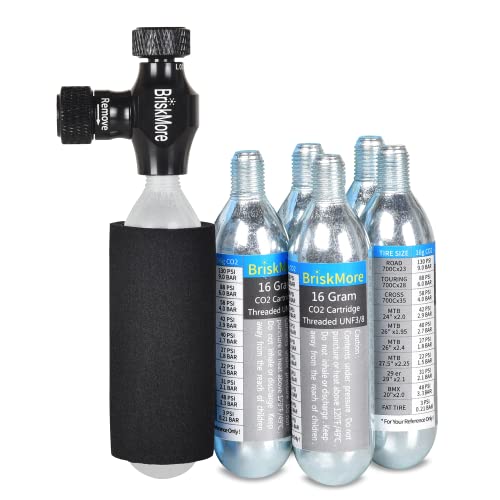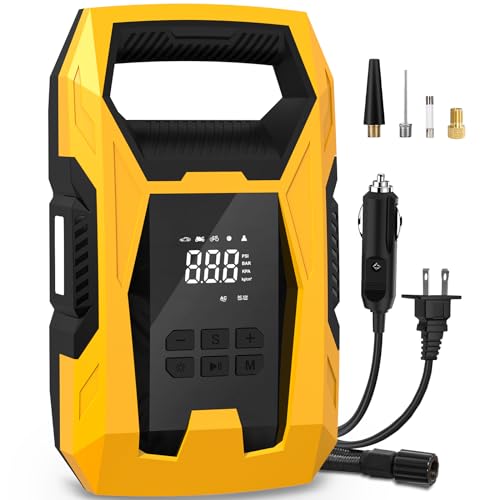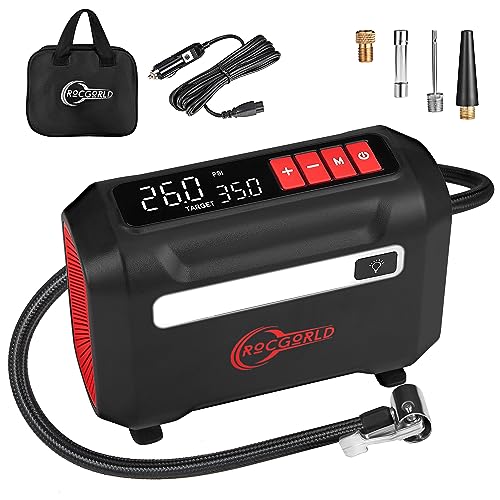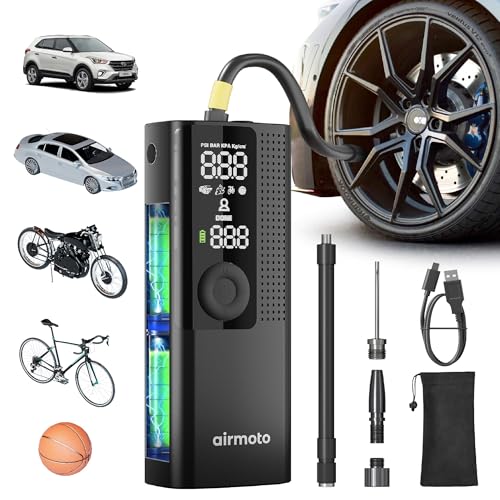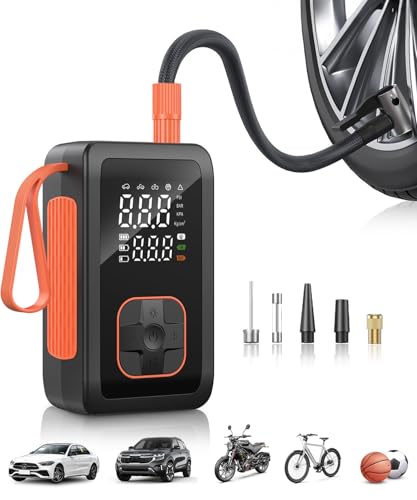What is the Meaning of Tyre Inflation Pressure: Unveiled Secrets
Tyre inflation pressure is a crucial part of vehicle safety. It refers to the amount of air pressure inside a tyre. Proper inflation ensures that tyres perform well. This affects handling, fuel efficiency, and safety.
Why is Tyre Inflation Pressure Important?
Tyres are the only part of a vehicle that touches the road. Proper inflation keeps them in good shape. Here are some reasons why tyre inflation pressure is important:
- Safety: Properly inflated tyres reduce the risk of blowouts.
- Fuel Efficiency: Correct pressure can improve fuel economy.
- Tread Wear: Proper inflation helps tyres wear evenly.
- Handling: Good inflation improves vehicle control.
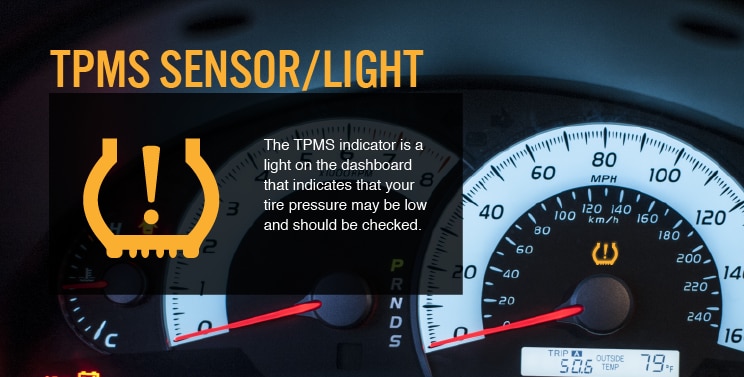
What Happens if Tyres are Under-Inflated?
Under-inflated tyres can cause several issues. Here are some effects of low tyre pressure:
- Poor Handling: The car may feel unstable.
- Increased Wear: Tyres will wear out faster.
- Higher Fuel Costs: You’ll use more fuel.
- Risk of Blowouts: The chance of a tyre blowing out increases.
What Happens if Tyres are Over-Inflated?
Over-inflated tyres can be just as dangerous. Here are some problems caused by too much air:
- Reduced Traction: The tyres may not grip the road well.
- Uneven Wear: The centre of the tyre wears faster.
- Harsh Ride: The ride can be uncomfortable.
- Increased Risk of Damage: Over-inflated tyres can burst.
How to Check Tyre Inflation Pressure?
Checking tyre inflation pressure is easy. Here’s how to do it:
- Get a tyre pressure gauge. You can buy one at a store.
- Check the recommended pressure. This is usually found in the owner’s manual.
- Remove the valve cap from the tyre. Press the gauge onto the valve stem.
- Read the number on the gauge. Compare it to the recommended pressure.
- If needed, add or release air to match the correct pressure.
When to Check Tyre Inflation Pressure?
It’s best to check tyre pressure regularly. Here are some times to check:
- Monthly: Check at least once a month.
- Before Long Trips: Check before going on a long drive.
- After Weather Changes: Weather can affect pressure. Check during extreme cold or heat.
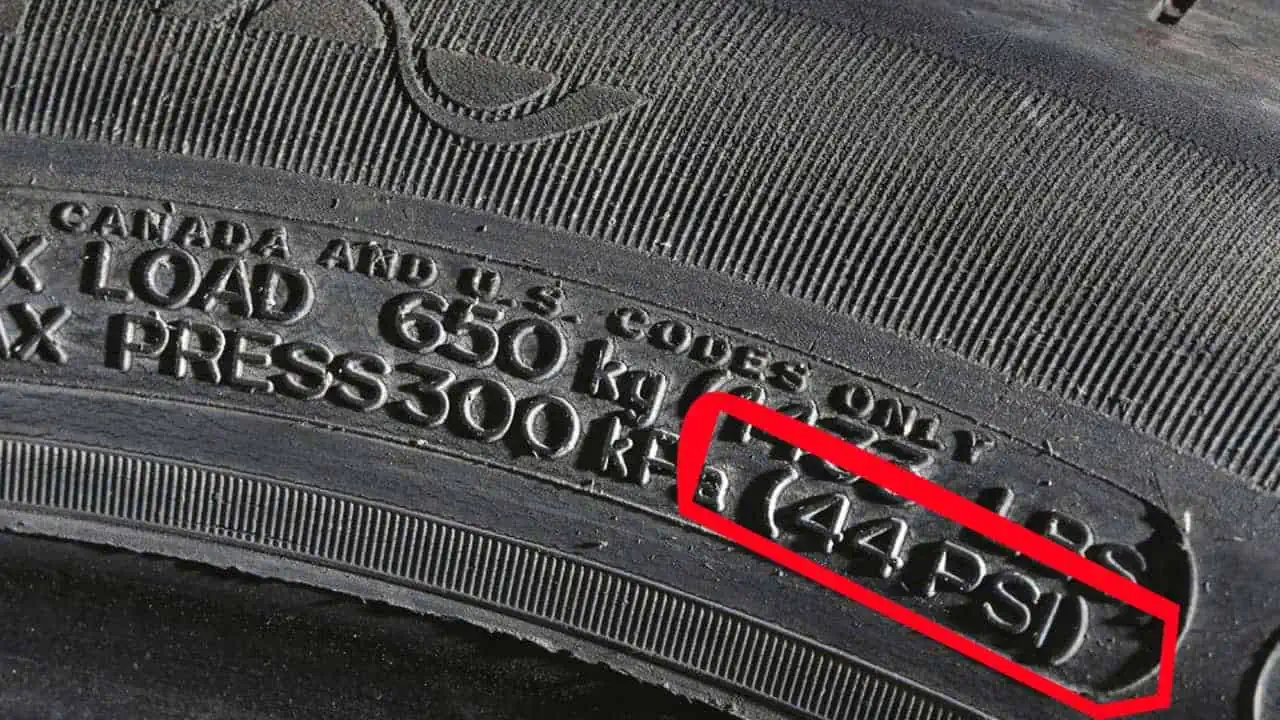
What is the Recommended Tyre Pressure?
The recommended tyre pressure varies by vehicle. Here’s how to find it:
- Owner’s Manual: Look in your car’s manual for details.
- Driver’s Side Door: There’s usually a sticker with the pressure.
- Tyre Sidewall: The maximum pressure is printed on the tyre itself.
How Does Temperature Affect Tyre Pressure?
Temperature can change tyre pressure. Here’s what you need to know:
- Cold Weather: Tyre pressure drops in cold weather.
- Hot Weather: Tyre pressure rises in hot weather.
- 1 PSI: Pressure can drop by 1 PSI for every 10°F change.
Tips for Maintaining Proper Tyre Inflation Pressure
Here are some tips to keep tyres properly inflated:
- Check Regularly: Make it a habit to check monthly.
- Use a Reliable Gauge: Invest in a good quality pressure gauge.
- Don’t Overlook the Spare: Check the spare tyre as well.
- Be Careful with Temperature Changes: Adjust pressure as needed.
Frequently Asked Questions
What Is Tyre Inflation Pressure?
Tyre inflation pressure refers to the optimal air pressure within a tyre, ensuring safety and performance.
Why Is Tyre Inflation Pressure Important?
Proper tyre inflation pressure enhances vehicle safety, improves fuel efficiency, and prolongs tyre lifespan.
How To Check Tyre Inflation Pressure?
Use a reliable tyre pressure gauge to measure air pressure, ensuring tyres are cold for accurate results.
What Happens With Low Tyre Pressure?
Low tyre pressure can lead to poor handling, increased wear, and a higher risk of blowouts.
Conclusion
Understanding tyre inflation pressure is important for all drivers. Properly inflated tyres ensure safety and efficiency. Regular checks help maintain good performance. Follow the tips above to keep your tyres in top shape. This will make your driving experience safer and more enjoyable.
Frequently Asked Questions (FAQs)
1. How Often Should I Check My Tyre Pressure?
You should check your tyre pressure at least once a month.
2. What Is The Normal Tyre Pressure?
The normal tyre pressure usually ranges from 30 to 35 PSI, but it varies by vehicle.
3. Can I Use A Regular Air Pump To Inflate My Tyres?
Yes, but make sure to check the pressure after inflating.
4. How Does Under-inflation Affect Fuel Economy?
Under-inflated tyres can lead to higher fuel consumption.
5. Is It Safe To Drive With Low Tyre Pressure?
No, driving with low tyre pressure is dangerous and can cause accidents.


